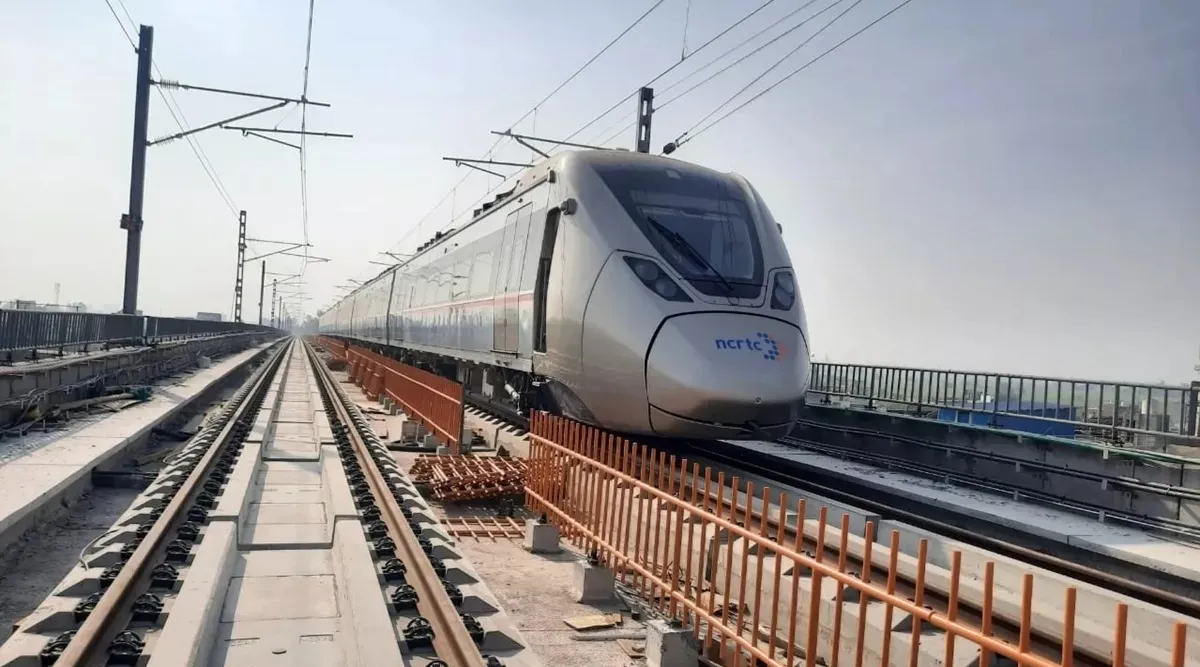- By Shubham Bajpai
- Fri, 06 Jun 2025 10:35 AM (IST)
- Source:JND
Lucknow-Kanpur Rapid Rail: In a major update for the residents of Lucknow, the Lucknow Development Authority (LDA) has approve the much-awaited Namo Bharat rapid Rail project connecting the Uttar Pradesh capital with Kanpur, the industrial city.
Once operationalised, the project will slash the travel time from two hours to 45 minutes. The entire corridor with be 90 km long and will commence near Lucknow's Amausi Airport and terminate at Ganga Bairaj in Kanpur.
The corridor will run parallel to the road and rail network via Unnao's Jaitipur and Magarwara. The project will be undertaken under the Namo Bharat Rail Corridor scheme.
NCRTC gets NOC from LDA
The National Capital Region Transport Corporation (NCRTC) has started the work on the corridor as it got an no-objection certificate (NOC) from the LDA. The NCRTC has confirmed that the corridor is fully compliant with Lucknow's Master Plan 2031, which is strives for transit-oriented development (TOD) to boost urban sustainability.
ALSO READ: Buxar To Get Jaynagar-Patna Namo Bharat Rapid Train Extension Connecting THESE Cities Soon | Details
The project was initially conceptualised in 2015 but faced delays due to several reasons, including the Covid-19 pandemic. After 2022, the state government laid fresh emphasis on the project.
Lucknow-Kanpur Namo Bharat Raid Rail: Route, Stations
As per the earlier proposed map, the corridor will run parallel to the road from Amausi to Bani. From Bani to Ganga Bairaj, it will run parallel to the rail link between two key cities of the state.
There will be six stations on the corridor: Lucknow, Banthra Town, Nawabganj, Basiratganj, Unnao, and Kanpur.
With Amausi as the starting point, the corridor will become easily accesible for the entire Lucknow through metro. The corridor will also benefit the residents of Kanpur deboarding at the Amausi Airport, granting seamless travel and no traffic woes. The trains on the corridor will run at a speed of 160 kmph.

